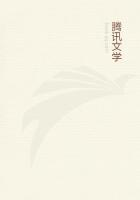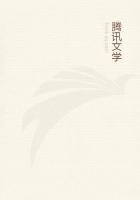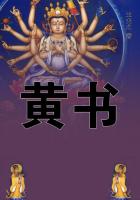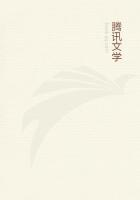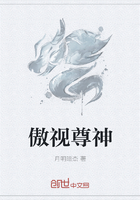The Cratylus has always been a source of perplexity to the student of Plato. While in fancy and humour, and perfection of style and metaphysical originality, this dialogue may be ranked with the best of the Platonic writings, there has been an uncertainty about the motive of the piece, which interpreters have hitherto not succeeded in dispelling. We need not suppose that Plato used words in order to conceal his thoughts, or that he would have been unintelligible to an educated contemporary. In the Phaedrus and Euthydemus we also find a difficulty in determining the precise aim of the author. Plato wrote satires in the form of dialogues, and his meaning, like that of other satirical writers, has often slept in the ear of posterity. Two causes may be assigned for this obscurity: 1st, the subtlety and allusiveness of this species of composition; 2nd, the difficulty of reproducing a state of life and literature which has passed away. A satire is unmeaning unless we can place ourselves back among the persons and thoughts of the age in which it was written. Had the treatise of Antisthenes upon words, or the speculations of Cratylus, or some other Heracleitean of the fourth century B.C., on the nature of language been preserved to us; or if we had lived at the time, and been 'rich enough to attend the fifty-drachma course of Prodicus,' we should have understood Plato better, and many points which are now attributed to the extravagance of Socrates' humour would have been found, like the allusions of Aristophanes in the Clouds, to have gone home to the sophists and grammarians of the day.
For the age was very busy with philological speculation; and many questions were beginning to be asked about language which were parallel to other questions about justice, virtue, knowledge, and were illustrated in a similar manner by the analogy of the arts. Was there a correctness in words, and were they given by nature or convention? In the presocratic philosophy mankind had been striving to attain an expression of their ideas, and now they were beginning to ask themselves whether the expression might not be distinguished from the idea? They were also seeking to distinguish the parts of speech and to enquire into the relation of subject and predicate. Grammar and logic were moving about somewhere in the depths of the human soul, but they were not yet awakened into consciousness and had not found names for themselves, or terms by which they might be expressed. Of these beginnings of the study of language we know little, and there necessarily arises an obscurity when the surroundings of such a work as the Cratylus are taken away. Moreover, in this, as in most of the dialogues of Plato, allowance has to be made for the character of Socrates.
For the theory of language can only be propounded by him in a manner which is consistent with his own profession of ignorance. Hence his ridicule of the new school of etymology is interspersed with many declarations 'that he knows nothing,' 'that he has learned from Euthyphro,' and the like. Even the truest things which he says are depreciated by himself. He professes to be guessing, but the guesses of Plato are better than all the other theories of the ancients respecting language put together.
The dialogue hardly derives any light from Plato's other writings, and still less from Scholiasts and Neoplatonist writers. Socrates must be interpreted from himself, and on first reading we certainly have a difficulty in understanding his drift, or his relation to the two other interlocutors in the dialogue. Does he agree with Cratylus or with Hermogenes, and is he serious in those fanciful etymologies, extending over more than half the dialogue, which he seems so greatly to relish? Or is he serious in part only; and can we separate his jest from his earnest?--Sunt bona, sunt quaedum mediocria, sunt mala plura. Most of them are ridiculously bad, and yet among them are found, as if by accident, principles of philology which are unsurpassed in any ancient writer, and even in advance of any philologer of the last century. May we suppose that Plato, like Lucian, has been amusing his fancy by writing a comedy in the form of a prose dialogue? And what is the final result of the enquiry? Is Plato an upholder of the conventional theory of language, which he acknowledges to be imperfect? or does he mean to imply that a perfect language can only be based on his own theory of ideas? Or if this latter explanation is refuted by his silence, then in what relation does his account of language stand to the rest of his philosophy? Or may we be so bold as to deny the connexion between them? (For the allusion to the ideas at the end of the dialogue is merely intended to show that we must not put words in the place of things or realities, which is a thesis strongly insisted on by Plato in many other passages)...These are some of the first thoughts which arise in the mind of the reader of the Cratylus. And the consideration of them may form a convenient introduction to the general subject of the dialogue.
We must not expect all the parts of a dialogue of Plato to tend equally to some clearly-defined end. His idea of literary art is not the absolute proportion of the whole, such as we appear to find in a Greek temple or statue; nor should his works be tried by any such standard. They have often the beauty of poetry, but they have also the freedom of conversation.
'Words are more plastic than wax' (Rep.), and may be moulded into any form.

